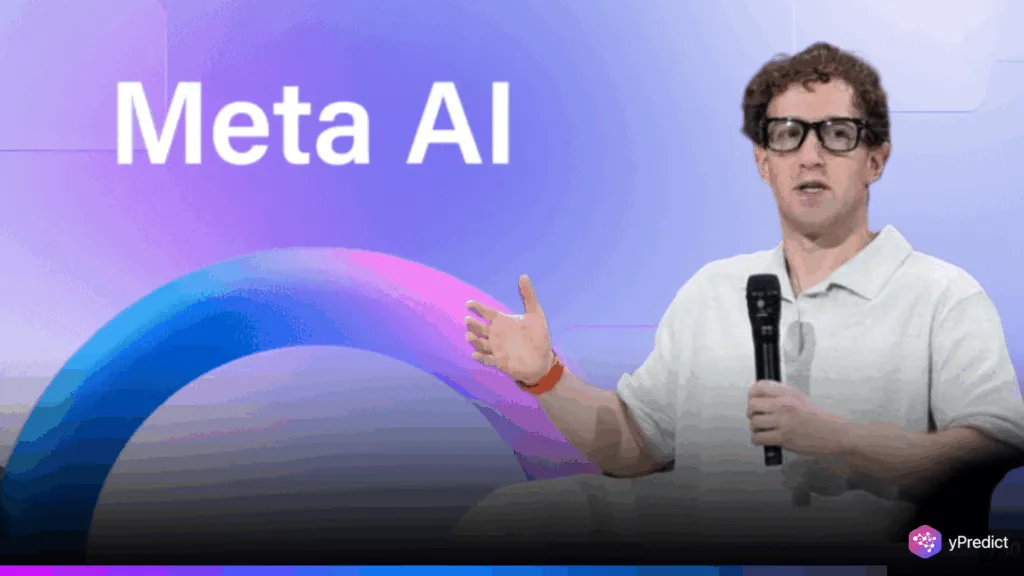
Meta is boldly expanding its footprint in the U.S. federal government sector by recruiting former Pentagon and national security officials. The push is part of a broader campaign to secure Meta AI government contracts by promoting its cutting-edge virtual reality (VR) and artificial intelligence (AI) tools to defense and intelligence agencies.
According to a recent Forbes report, Meta has posted several new job openings focused on public policy and government engagement, including roles directly targeting the White House and national security branches. The listings explicitly state a preference for candidates with active security clearances and experience within the Department of Defense signaling Meta’s serious intent to align itself with federal interests.
A Shift in Strategy Toward the Defense Sector
This recruitment wave marks at least a tactical turn for the tech giant. Meta had distanced itself from military uses of its technology, but in a dramatic change with its new plan announced in November 2024, Meta agreed to allow contractors like Lockheed Martin, Booz Allen Hamilton, and Palantir Technologies access to its Llama AI models. Previously, Meta indicated that it would not allow its open-source AI tools to be used for military or intelligence purposes.
At the time, Nick Clegg, who was the president of global affairs at Meta, described the decision as a decision of national responsibility. “Meta wants to play its part to support the safety, security, and economic prosperity of America and its closest allies too,” wrote Clegg in a blog post. The offering of access extended to the defense sectors associated with allied nations, including the UK, Canada, Australia, and New Zealand.
Meta’s Federal Expansion Mirrors Industry Trends
Meta is mirroring moves made by other tech companies such as OpenAI, Microsoft, and Google, that are increasing government partnerships in AI. The appetite for advanced AI in the defense sector is growing, especially for use in surveillance, simulation, logistics, and decision-making.
To capitalize on this opportunity, Meta is positioning its Meta VR defense sector capabilities as transformative for military training and simulation. The company’s recruitment of policy experts and former classified agency professionals is seen as an effort to navigate the complex regulatory and procurement environments in Washington, D.C.
Implications for AI and National Security
While Meta has not publicly declared any official partnerships with the Pentagon for AI, their movements suggest that a confirmed intention to fit into the federal AI procurement ecosystem is close. The federal government is increasingly seeking AI technologies, so this represents an excellent market opportunity for Meta to gain long-term defense contracts.
This market entry strategy will not be without controversy. Several critics argue that the merging of government contracts for commercial tech, such as a Meta AI government contract, in the area of national defense carries additional complications and risks, including those related to privacy, reliance on a commercial business, and the differentiation between civilian and military tech development.






